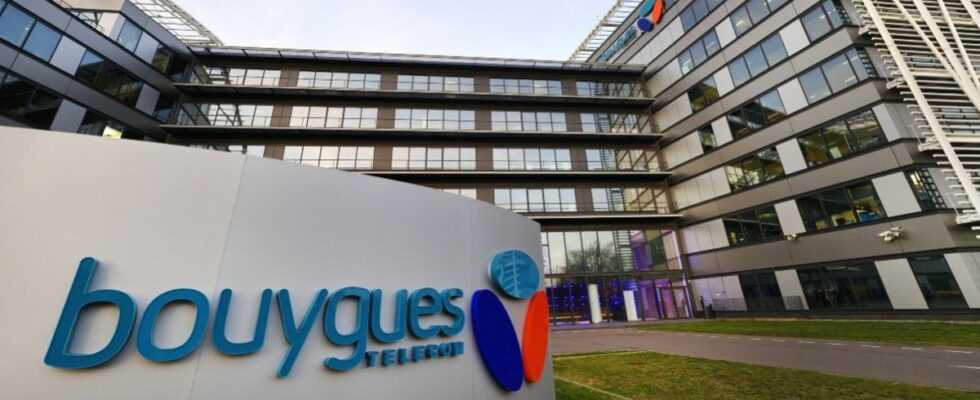Bouygues Telecom wants to provide businesses with decentralized processing power. Under the impetus of Cellnex, the operator now operates around ten data center in France to launch an offer ofedge computing.
Bouygues Telecom continues to expand its offering for businesses. In this context, the French operator, which recorded a turnover increase of 3% over one year in the first quarter of 2022 (1.8 billion euros), has just launched an offer ofedge computingso as to make decentralized processing power available to companies.
Indeed, this approach makes it possible to process data at the edge of the network, close to the source of the data, such as offices or production sites in the case of companies. L’edge computing thus reduces the bandwidth and latency time, which would be negatively impacted if the data were sent to data centers several thousand kilometers from the place where they are generated. According to the firm IDC, spending in theedge computing in Europe will reach 40 billion dollars in 2022, then 64 billion in 2025.
A dozen operational data centers
To take advantage of this variant of the cloud computing conventional, Bouygues Telecom relied on the Spanish company Cellnex, with which the operator signed a seven-year investment agreement worth one billion euros in February 2020 to create a joint venture to manage the operation of the fiber optic network linking its mobile sites and itsedge computing. This agreement followed the investment of 250 million euros over five years announced by Cellnex in 2018 to build data centers leased to Bouygues Telecom aimed at absorbing the traffic generated by 5G, and thus reducing latency.
Under the impetus of the Barcelona-based company, which also acquired part of the French operator’s mobile network pylons, the latter now operates around ten data center (Paris, Lyon, Nantes, Dijon, Montpellier, Strasbourg, Rouen, Nice, Douai and Toulouse) to offer its cloud services to SMEs, ETIs, large accounts and local collectives. But this is only the first step in the regionalization of infrastructure desired by Bouygues Telecom. The operator has set itself the objective of having around twenty data center over the next three years.
Faced with Orange Business Services, which imposes its law with a 70% market share, far ahead of SFR Business (20%), Bouygues Telecom is stepping up initiatives to gain momentum in the B2B market. In this sense, the operator launched two new offers in early 2022 to attract businesses. These are Keyyo Connect, an instant messenger, and Keyyo Visio, a videoconferencing solution. A way for Bouygues Telecom to capitalize on its subsidiary Keyyo, acquired in 2019 to target SMEs and VSEs, in order to compete with Zoom, Teams and others. But more will have to be done to nibbling market share as Iliad kicked in the anthill in 2021, with the launch of Free Pro, its non-binding fiber offer for businesses. In this context, the cloud is an interesting lever to make a difference.
